
A new study claims that by stressing themes of marriage and family during 16 visits to the region between 1979 and 1996, St. John Paul II was responsible for boosting fertility rates across Latin America, resulting in a quarter-million extra births.
The University of Notre Dame research finds that in the two to five years following each of those trips, an additional 220,000 to 251,000 births occurred in the 13 countries analyzed in the study.
The results also suggest that the measurable impact of his teachings was actually greatest in non-Catholic, wealthy and highly educated households. Effects were also greater in countries secularized more recently.
The paper, titled “Religion and Demography: Papal Influences on Fertility,” argues that beyond the usual economic and cultural reasons given for falling fertility rates across the world since the 1950s, social norms and, specifically, religious values also can play a role.
The outcome suggests that pro-family papal messaging helped cut against over the overall dramatic decline in fertility rates on the continent, which fell from an average of 5.9 births per woman in 1960 to 2.2 in 2010. In many Latin American countries the fertility rate has now gone well below the replacement level of 2.1.

Supreme Court justices from across the ideological spectrum expressed deep concern yesterday about the denial of a state tax exemption for a Catholic charity on the grounds that the nonprofit is not “operated primarily for religious purposes.”
At issue is whether religious freedom extends only to bodies engaged in worship and converting people, or whether it includes a church’s charitable works such as feeding the poor without any requirement to believe or convert.
Defending the narrow interpretation, attorney Colin T. Roth told the justices Wisconsin State limits religious exemptions to those organisations engaged in “distinctively religious activities like worship, ritual, teaching the faith, or spreading a religious message.”
But religious liberty scholars backing Catholic Charities told the justices in a court filing that the Wisconsin Supreme Court “has told Roman Catholics that two commands of their religion are not religious at all — to serve those in need, and to do so regardless of whether those in need adhere to the same religious beliefs”.
During oral arguments on Monday a majority of Judges, including Obama-appointee, Elena Kagan, appeared ready to back the expansive definition of what counts as religious and is entitled to religious exemptions.
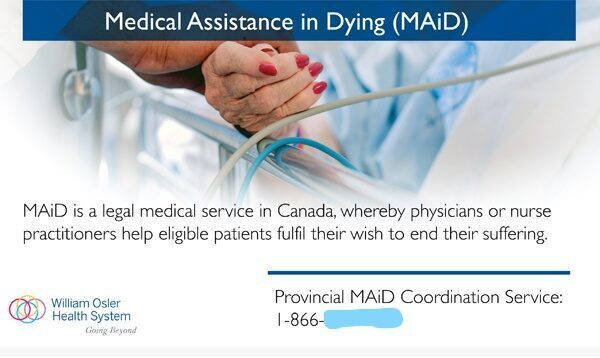
The UN Committee on the Rights of Persons with Disabilities has issued a call for Canada to roll back its expansion of euthanasia, or “medical assistance in dying” (MAiD).
The Committee says Track 2 MAiD, which is for people with disabilities whose deaths are not reasonably foreseeable, is “based on negative, ableist perceptions of the quality and value of the life of persons with disabilities,” and warns it is having disproportionate effects on marginalised Canadians.
The news has been welcomed by Canadian groups.
Rebecca Vachon, Program Director for Cardus Health, said the committee rightly noted that MAiD lacks federal oversight and that it been expanded in Canada without enough consultation with Indigenous communities or adequate protections and supports for people living with disabilities.
Krista Carr, CEO of Inclusion Canada, said the UN “is clear that our country must do better in upholding the rights and dignity of persons with disabilities”.
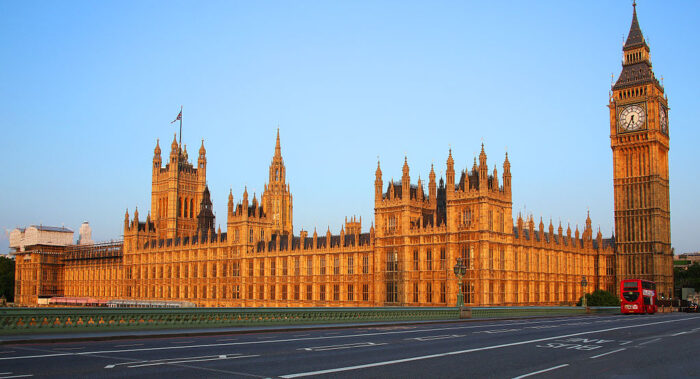
A parliamentary bill that would unleash medically assisted suicide on England and Wales might not be implemented for another four years amid growing concerns about the proposed system.
It was originally thought that the bill might take two years to implement, but Member of Parliament (MP) Kim Leadbeater, sponsor of the bill, said the delay might be as long as four.
Her spokesperson said the bill now contains even stronger safeguards than when it was first tabled, with a new judge-led voluntary assisted dying commission and multidisciplinary panels to examine every application and this would delay the process.
However, the bill has been mired in controversy with prominent media outlets calling for it to be abandoned.
The Times editorialised: “The thankless task of scrutinising this sinister and half-baked proposal has fallen to a few brave MPs on the committee … Thanks to them its flaws have been fatally exposed. It remains only to administer the coup de grace and kill this bill.”
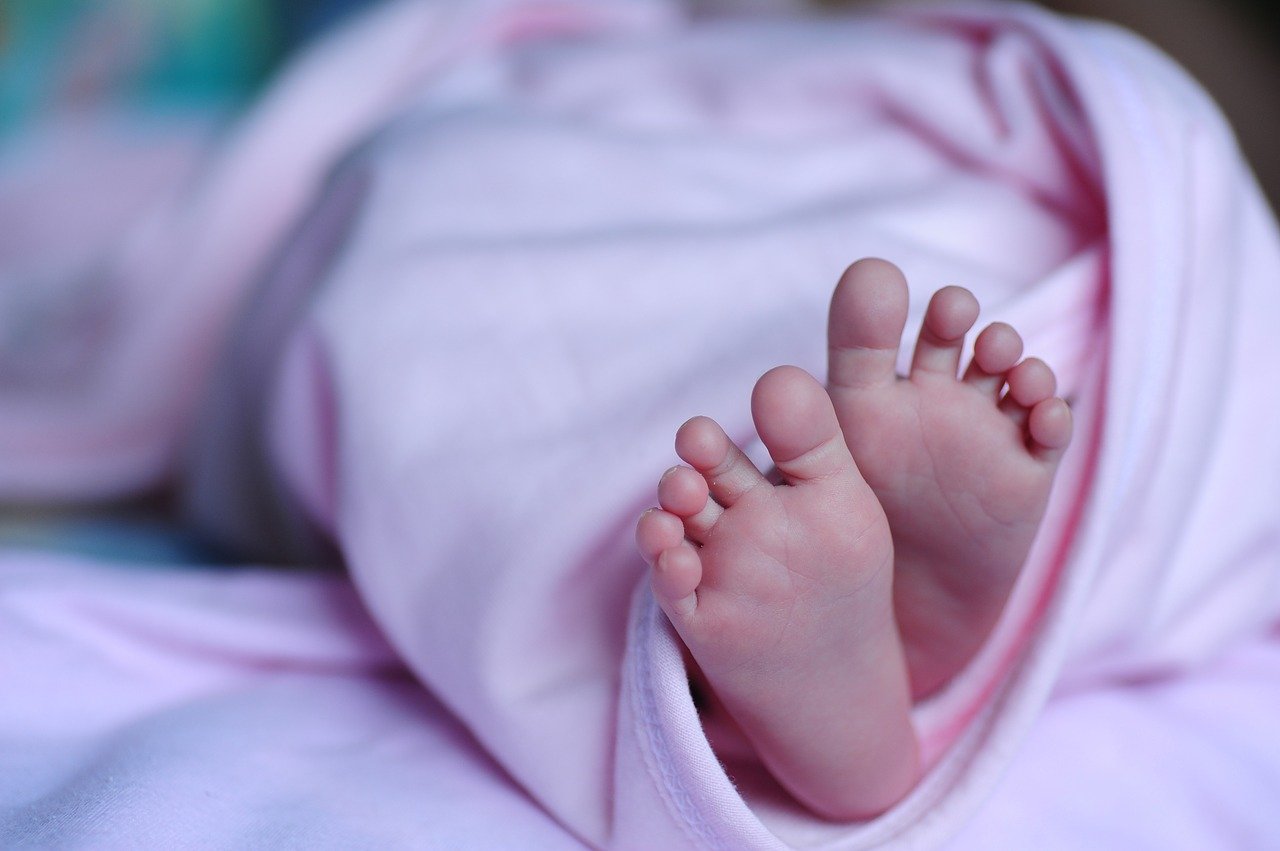
The natural increase in population in the third quarter of last year, that is births over deaths, was almost half what it had been ten years ago, according to the latest figures from the CSO.
Births exceeded deaths by 5,243 in Q3 2024, which was down by 48.6% when compared with the same period in 2014.
There were 39 fewer births registered in Quarter 3 (Q3) 2024 compared with Q3 2023, or a fall of 0.3% to 13,809 births.
The Total Period Fertility Rate (TPFR) was 1.5 which was below the replacement level of 2.1. That’s down significantly from ten years ago when the TPFR stood at 1.9.
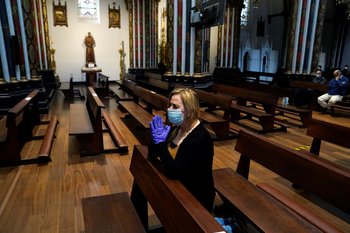
A large cohort of people never returned to regular religious worship since the Covid lockdowns, new figures from the CSO show.
Of those who regularly attended religious ceremonies in person prior to March 2020, more than half (55%) still regularly attend in-person, 8% say they only attend online, while more than one-third (37%) say they no longer frequent religious ceremonies on a regular basis.
Older respondents are most likely to still attend religious ceremonies either in person or online. Nearly seven in ten (69%) respondents aged 70 and over who attended religious ceremonies in person before the onset of the pandemic say they still regularly attend in person while one in eight (12%) of those in this age group opt to attend online instead. Conversely, two-thirds (67%) of younger respondents, i.e. those aged 18-29, say they no longer attend religious ceremonies regularly in any form. Three in ten (31%) say they still attend in person with only 2% saying they attend online.

Two cases alleging that an unborn baby was wrongly diagnosed with a so-called “fatal foetal abnormality” leading to an abortion have been lodged with the State Claims Agency.
The parents allege they received the incorrect pre-natal finding that the foetus had a condition likely to lead to a death in utero or within 28 days of birth. This is because of the inaccuracy of some of the screening tests.
The number of babies wrongly diagnosed and then aborted could be much higher because many parents might not have had their children tested again for a genetic abnormality post-abortion.
Health Minister Jennifer Carroll MacNeill was responding to a question from Aontú leader Peadar Tóibín who commented that he was not surprised. He said that Aontú was calling on the minister “to examine all notifications of abortions she has received – as mandated under section 20 of the Act – to ensure that the law is being adhered to. It is extremely worrying to learn that there are multiple cases of abortion following misdiagnosis”.

Hungary’s fertility declined starkly last year reaching a low of 1.38, down from a figure of 1.51 in 2023, according to preliminary data from the country’s Central Statistical Office (KSH).
A rate of 2.1 is needed for a population to sustain itself.
Annual births dropped to a historic low of 77,500, a decline of 9.1pc, or 7,725 fewer than the previous year.
Marriages also declined with only 46,550 couples tying the knot in 2024, down 7.2pc or, 3,589 compared with 2023.
The figures come despite years of extensive tax and economic benefits designed to encourage child-bearing.
Despite the apparent failure, the Government has doubled down on the policy by announcing new laws under which mothers with one child will be exempt from income tax until they turn 30, while those with two or more children will pay no income tax for life.
Mothers with four or more children are already totally tax exempt.
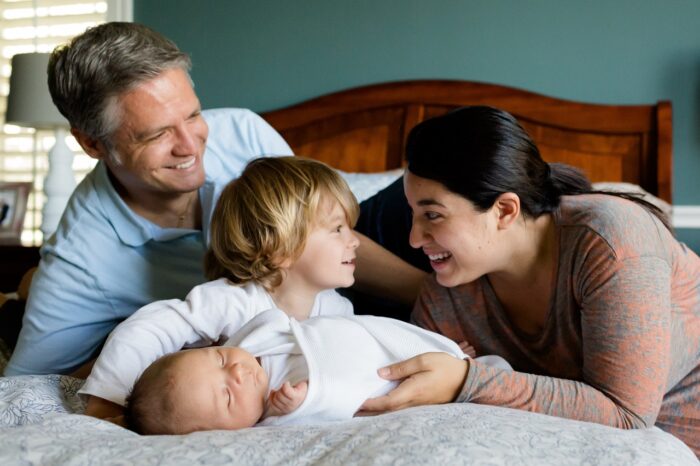
Married people are more likely to be happier than their divorced, separated and widowed counterparts, according to the latest figures from the CSO.
The Survey on Income and Living Conditions (SILC) 2024 measured various indicators of well-being.
Married respondents were more likely to report high overall life satisfaction at 29.6pc, compared with 20.0pc of those who were separated.
Likewise, the separated and divorced were more likely to report low overall life satisfaction, with rates of 22.7pc and 25.4pc respectively, compared with 7.9pc of married respondents.
When it comes to feeling downhearted or depressed, 9.1pc of divorced and 5.3pc of separated respondents and 5.4pc of those who never married said they felt like this always or most of the time in the four-week period prior to interview. The comparable rate for married persons was 1.7pc. The rate for widowed respondents was 4.3pc.
Married respondents were less likely to report feeling lonely with less than one in ten (8.3pc) feeling so at least some of the time. The comparable rates for separated, widowed or divorced respondents was three times higher at approximately 30pc for each of these three groups.

Euthanasia cases in Spain increased 24 percent in 2023, according to the Government’s latest annual report.
Half of the 766 requests for euthanasia were approved, and 334 assisted suicides were completed.
In about 25 percent of the cases, applicants died before their request could be approved, and some patients voluntarily withdrew their applications for medical assistance in dying. The report did not detail why some applications for the procedure were rejected and others were accepted.
Under the euthanasia law, people experiencing “grave, chronic, or impossible suffering” caused by a “chronic and incurable disease” can apply for assistance in dying. Those requests are submitted by the patient’s doctor to a review committee that has the authority to issue a final approval.
Polonia Castellanos, president of Abogados Cristianos, a nonprofit legal defense group, says the 2021 law is “very poorly drafted” and “too ambiguous.” She says it can apply to almost anyone suffering from a chronic medical condition. She fears abuses can occur when a vulnerable patient suffering from a long-term illness is treated by a strongly pro-euthanasia doctor.